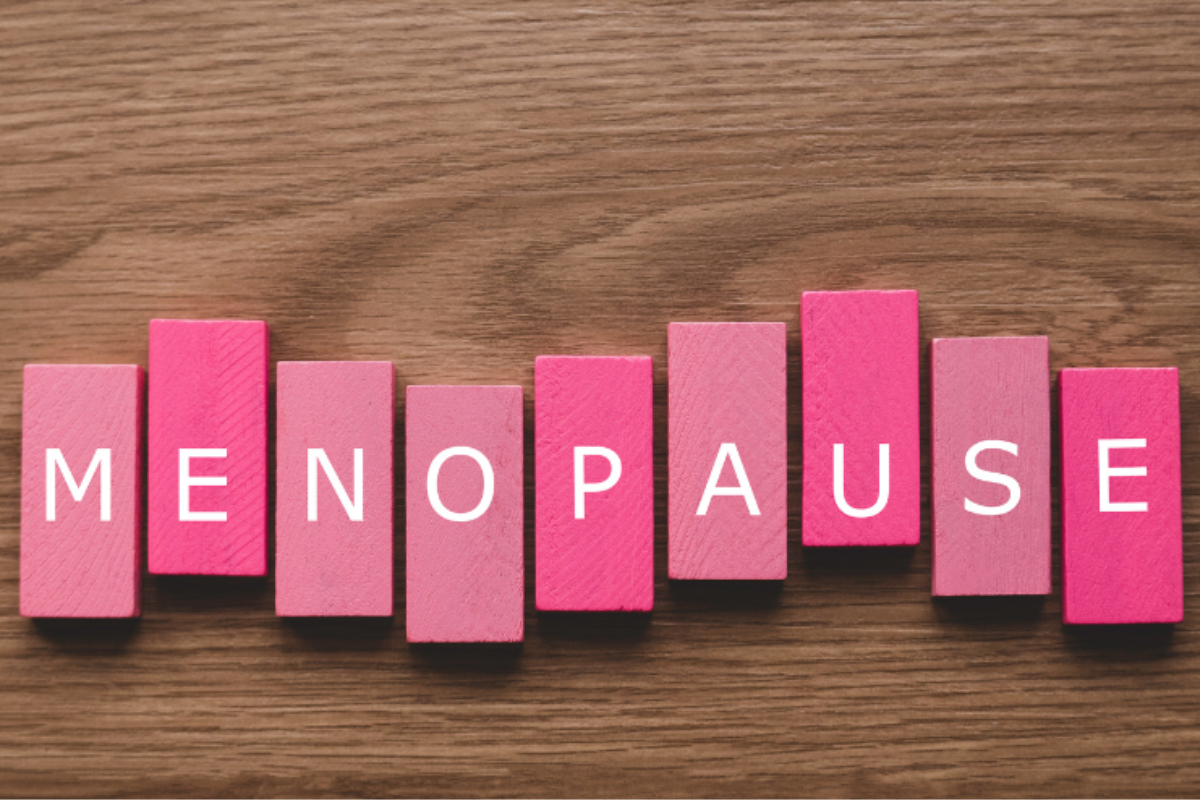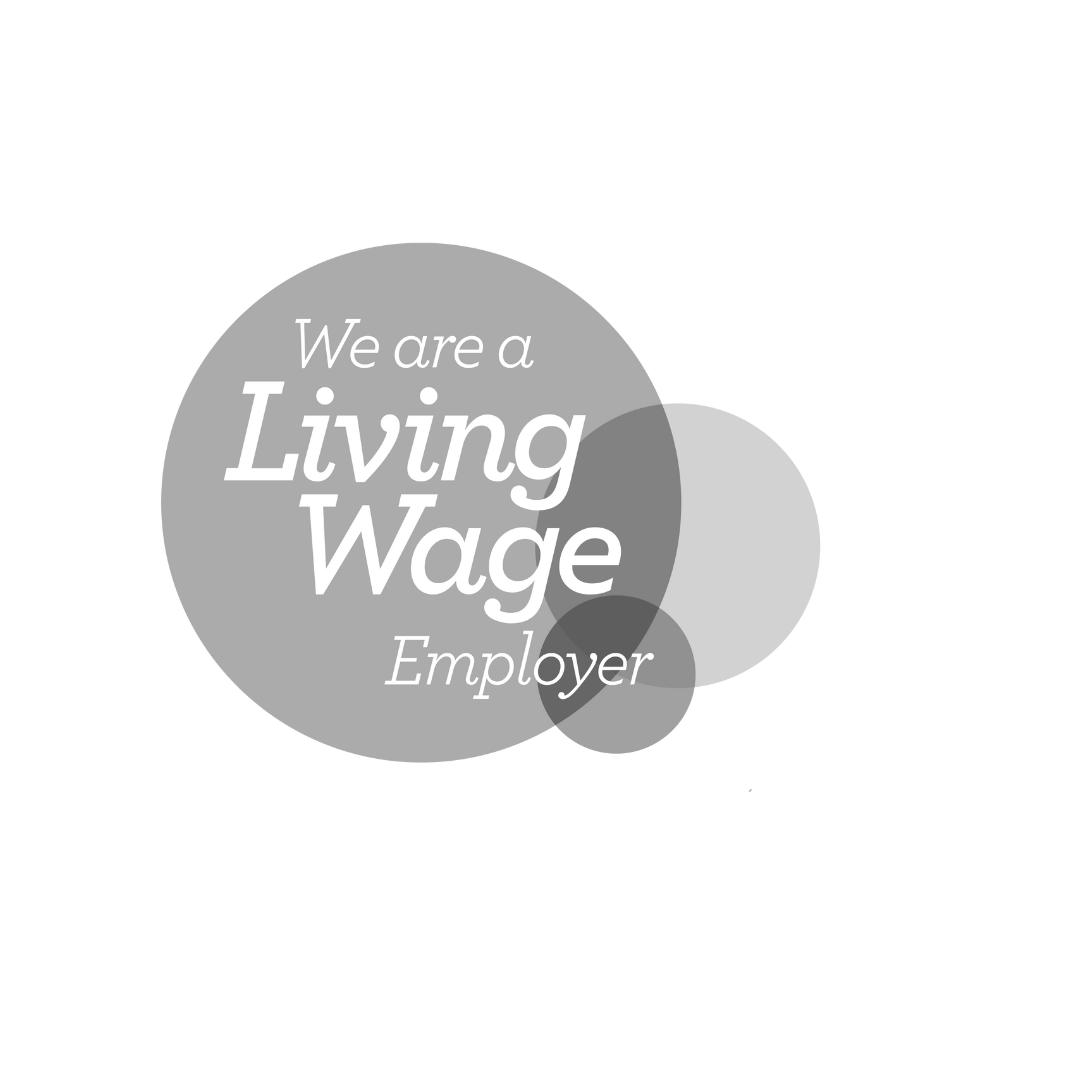
Demystifying the Menopause with Emma Thomas: A Hormone to Harmony Journey
Last Thursday we had the privilege of welcoming menopause expert Emma Thomas to our Covered Market shop for a session on Demystifying the Menopause. Emma is the Founder of Managing the Menopause as well as being a published author and host of the successful podcast Middling Along (listed as one of the Top 25 podcasts for menopause and midlife by The Latte Lounge). Emma led an informative and wide-ranging session followed by an informal and heartfelt discussion, creating a space for women at all different stages of their menopausal journey to benefit not just from her expert insights and effective symptom management strategies, but also to have candid conversations as part of an empowered community.

Here are some of our takeaways.
Firstly, what is the menopause?
The menopause is a natural phase in most women's lives where we stop having periods. It is a natural part of ageing that usually happens between the ages of 45 to 55, but can start as soon as in your early thirties (this is called Premature Ovarian Insufficiency (POI) and will affect 2-3 in 100 women). Interestingly, the menopause actually describes the single day 12 months after a woman's last menstrual period and so signifies the end of her reproductive years. It is the result of a gradual decline in reproductive hormones, primarily oestrogen and progesterone, accompanied by a variety of physical and emotional changes.

The years leading up to that point are called the perimenopause or menopausal transition and are when women may experience symptoms such as changes in their monthly cycles, hot flashes, trouble sleeping, and mood and libido changes.
Whilst the perimenopause usually lasts 5-7 years, it can be as long as 14 years or as little as a few months, and its duration can depend on lifestyle facts such as smoking, race, ethnicity and diet. The menopausal transition is highly unique and affects each woman in different ways.
After the menopause, women enter post-menopause. Post-menopausal women are more vulnerable to heart disease and osteoporosis due to the changes in hormones that occurred during the menopausal transition and can still experience menopausal symptoms during this time. Therefore, it is important to manage long-term health and well-being during this stage, including eating a healthy diet, staying active, and getting enough calcium to maintain bone health.
Why the menopause matters
Despite menopause being a natural and inevitable biological process and phase in every woman's life, it and its wide range of symptoms often remains shrouded in silence and stigma. This stigma can lead to women feeling isolated and unsupported at a time when we often need understanding and empathy the most. In fact, one in ten women have left a job due to their menopause symptoms and almost half of women haven't approached their GPs, with 30% experiencing delays in diagnosis. By openly addressing, debunking and destigmatising the menopause and its challenges, we can help empower women to embrace this life stage with confidence and resilience, and enhance the wellbeing of women worldwide - something that is at the very heart of Y.O.U!
How can you manage the menopause?
Whilst every woman will experience the menopause in her own unique way, Emma explored a number of practical strategies and effective ways of managing the menopause and its symptoms:
- Focus on your diet and nutrition - eating a healthy, varied diet rich in Omega-3, magnesium and soy products (which are rich in phytoestrogens) can help alleviate many menopause symptoms and help protect against the increased risk of some of the longer-term health conditions experienced in post-menopause
- Mindfulness and stress reduction - managing the emotional dimensions of the menopause is as important as addressing the physical ones. Emma shared the benefits of mindfulness techniques like guided mediation, yoga and even weight training in reducing stress and promoting emotional well-being, as well as helping reduce the risk of cardiovascular disease and maintaining bone health.
- Consider hormone replacement therapy with your doctor - despite some historical concerns regarding the safety of HRT, Emma discussed the benefits (and safety) of modern HRT as a viable option to alleviate severe symptoms.
- Hormone-free alternatives - for women who prefer to not pursue hormone therapy, Emma discussed a number of alternative herbal supplements like Black Cohosh and Red Clover.
Emma also has a number of freely available resources for how to get the best out of a GP appointment, something which can often be a tricky task!

Ways to get involved and support those going through menopause
The most important thing to remember when you or anyone around you is going through the menopause is that it shouldn't be a solo task! It should be a time for nurturing and self care, as well as putting in place vital lifestyle changes. In addition, we all need to focus on listening actively to those sharing lived experiences of the menopause, being patient and empathetic, and educating ourselves on the topic. Emma recommends these books as a good start:
- Second Spring - Kate Codrington
- Cracking the Menopause - Mariella Frostrup and Alice Smellie
- The Complete Guide to the Menopause - Dr Annice Mukherjee
- The Perimenopause Solution - Dr Shahzadi Harper and Emma Bardwell

We want to say a huge thank you to everyone who came and shared their insights and experiences and who made the event such a success. Of course, we would like to say a particular thank you to Emma for her time and incredible wealth of knowledge on a topic which is still often side-lined or silenced in so many spaces. We hope that this event (and more like it which are already in the works) reflects our commitment to continuing to support and empower women and girls at every stage of their lives, as well as creating a more informed, compassionate and sustainable world!
We also raised £30 for the Menopause Research and Education Fund (https://mref.uk/) as a result of this event, so thanks to everyone who bought tickets.
Stay tuned for more amazing events like this one coming very soon!
Enjoyed this blog and want to learn more about period poverty? Why not read...













Leave a comment
This site is protected by hCaptcha and the hCaptcha Privacy Policy and Terms of Service apply.